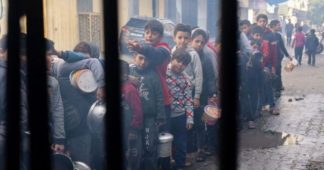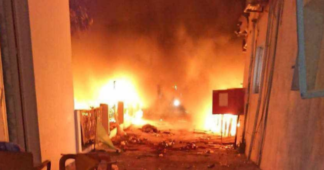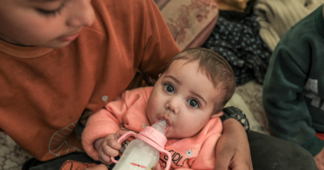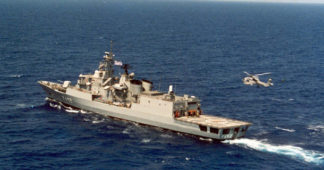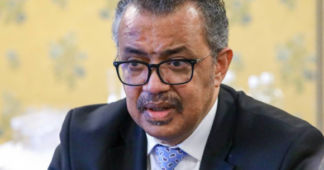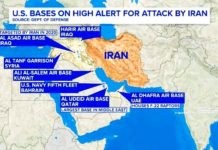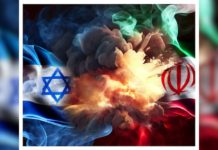Over the last 5 weeks, I developed a friendship with a woman in Gaza.
Her name will be W.
By Isabelle Skaburskis *
W and I know people in common.
W has a degree in international law and human rights, as do I.
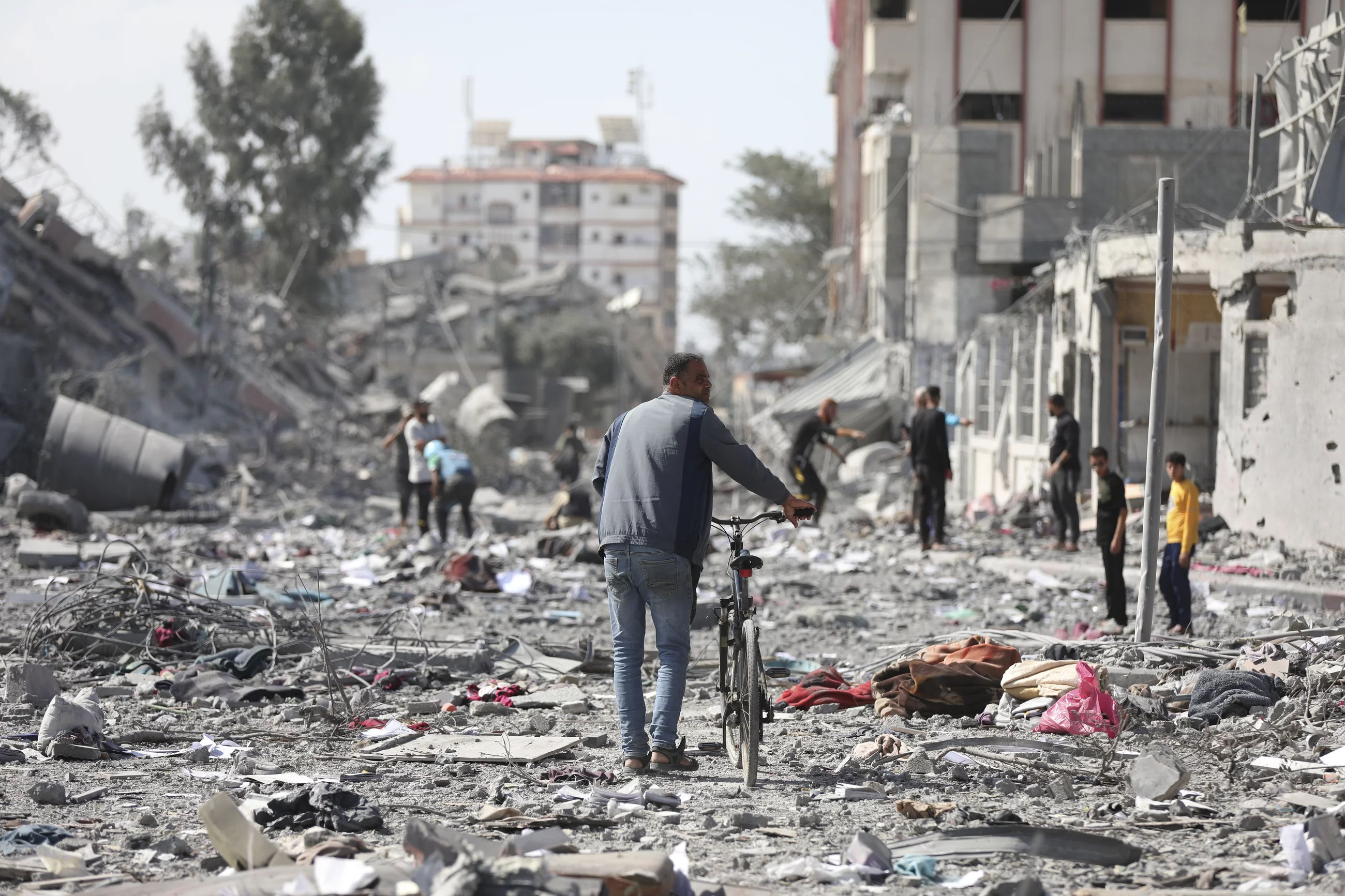
W finished uni with the highest grade her university has ever given, and then worked for UNDP in women’s empowerment. She has lived through 5 wars. She is 27 years old. She has sent me photos of Gaza City, with elegant looking people sitting beside the clear blue sea. I had no idea Gaza was so colourful. “My dear Gaza”, she calls it.
Earlier this year, W won a scholarship to study at the University of Melbourne, all expenses paid. She got a visa. She just had to get across the border before term.
That is to say, W still has to get across the border. There’s nothing between her and her future, except the Rafah border.
There is an organisation here in Australia that helps people cross. They quickly accepted W’s application. We waited for Eid to finish so that she could be registered to cross the border. Then our team waited all day in a crowded office to register W. Then she was registered and we just had to wait for her name to be called.
We waited.
W’s neighborhood was bombed. She fled.
We waited.
She stayed in a room somewhere after fleeing with her family. 13 of them in a single room. Men and women.
We waited.
Once a day someone goes out and brings back canned food. They have not had fresh food for months.
We waited.
We heard that they might attack the border.
And then the day came.
Our team messaged that W should start to pack her bags. We were told about arrangements to cross the border, that W needed to be ready.
W told us that she would go, but there were bombs falling on the border, it had been declared a red zone, there were tanks crossing. It was unclear to us, as there had not yet been any reports of the border closure, and we said the border was still open, and W said she would go but there were bombs.
And then we saw the reports. The border was not open anymore.
W had to flee her house again. Her family spent days in the house of a stranger. Her neighbours to the left and right of her have been bombed. She sends me photos and Gaza is grey. There is no colour. We’ve all seen that there is no colour in Gaza anymore.
We found out that W’s name was to be called one day after the tanks came through. We were told that as soon as the border re-opens her name will be called.
W and I talk about hope. She finds hope exhausting, and I have never been so aware and ashamed of my privilege.
All eyes are on Rafah. The scale is incomprehensible, but one person’s life isn’t. Her future, her achievements, her resilience, her suffering, her fear, her exhaustion.
We have been messaging every day. She does not go into detail about how she is living right now, but the few descriptive words she sends invoke a thousand images.
Today I can’t reach her.
How is this possible.
How is this possible.
How is this possible.
* Human rights and criminal defence lawyer.
We remind our readers that publication of articles on our site does not mean that we agree with what is written. Our policy is to publish anything which we consider of interest, so as to assist our readers in forming their opinions. Sometimes we even publish articles with which we totally disagree, since we believe it is important for our readers to be informed on as wide a spectrum of views as possible.

